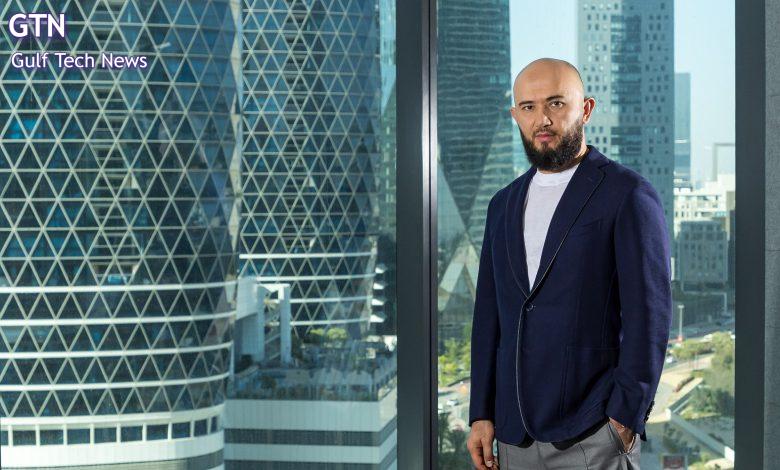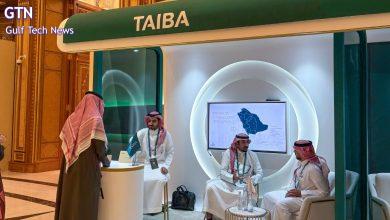TECH STARTUPS MUST ADAPT TO CAPITALIZE ON MIDDLE EAST ECONOMIC BOOM

Huge possibilities ahead for founders who apply their ideas across merging business sectors, says tech investor Abdumalik Mirakhmedov
Tech start-ups in the Middle East are being urged to capitalize on the regional economic boom forecast for the next decade by adapting to operate across merging business sectors.
A recent PwC report said the region’s economy could reach $4.57 trillion by 2035, around $1 trillion more than today, while an additional $232 billion in value could be added by continued AI adoption and transition to low-cost renewable energy.
UAE-based entrepreneur and tech investor Abdumalik Mirakhmedov believes this adds up to exciting opportunities for tech startups to create new ideas and solutions that can grow fast and make a real difference.
“The old rules are being rewritten,” says Mirakhmedov, Director and co-founder of UAE tech venture company Scalo Technologies. “Traditional industries are beginning to overlap, changing how we travel, build, get energy, look after our health, and stay connected.
“The impressive numbers forecast by PwC aren’t just hopeful predictions, they show the huge possibilities ahead for founders and investors in this region. Startups that can apply their ideas across different sectors will be well placed to grow as these changes take shape.”
Mirakhmedov says nowhere is this more relevant than in the UAE, which has a national strategy to become a global leader in AI by 2031, and plays an active role in helping shape global rules and standards for AI use.
Vivid indications of progress include Abu Dhabi’s global technology ecosystem, Hub71, now hosting 52 AI-focused startups after attracting 13 more in the first half of 2025.
PwC research shows that CEOs in the Middle East have growing confidence in AI, with about half saying they trust it to a large or very large extent, which is higher than the global average.
Nearly 70% of CEOs using GenAI say it saved them time, and over half saw bigger profits.
“Looking ahead, AI is set to become a core part of how businesses run and develop new products in the region,” said Mirakhmedov. “This is pushing companies to innovate quickly. More than 50% have launched new products in the last five years, and 40% have entered new industries to grow.”
Among the regional companies leading the way, Careem in the UAE has grown from ride-hailing into food delivery, digital payments, and remittances. G42 Healthcare in Abu Dhabi merged with Mubadala Health to form M42, combining AI with advanced patient care.
“These examples show how different industries are coming together to create new opportunities,” says Mirakhmedov. “But to fully benefit from AI and shifting industries, the region must equip its workforce with new skills. Startups have a key role to play, not only by needing skilled people themselves, but by helping develop those skills through innovation and collaboration.
“For investors and founders alike, supporting talent development will be just as important as funding new products. The region’s global competitiveness will depend on building a workforce that can adapt and grow.
“Entrepreneurs who embrace change, take calculated risks, and form the right partnerships will be the ones who shape the Middle East’s economic future, and make the most of what lies ahead.”





